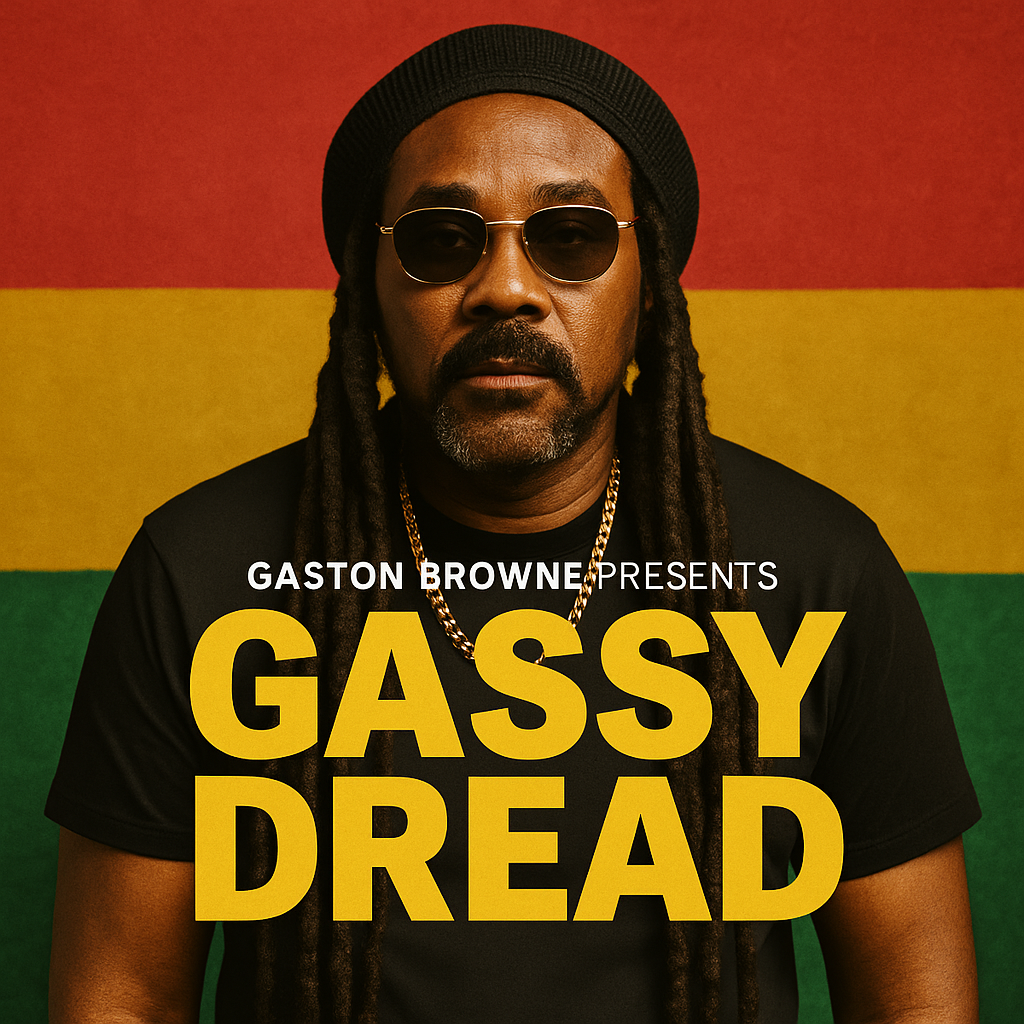As the excitement builds for the next Eurovision Song Contest, one can't help but wonder who will emerge victorious after following in the footsteps of past winners like Loreen and Conchita Wurst. With an astonishing viewership of around 163 million last year, the competition invites a vast array of opinions on what constitutes a winning entry.
When it comes to musical styles, Joe Bennett, a forensic musicologist from Boston's Berklee College of Music, reveals two major genres dominate the limelight: the "Euro-banger," characterized by upbeat, high-energy tracks usually exceeding 120 BPM, and emotional ballads that typically run around 70 BPM. Notable examples of upbeat winners include Sweden's "Euphoria" by Loreen and "Heroes" by Måns Zelmerlöw, while slower ballads like Portugal's "Amar Pelos Dois" by Salvador Sobral and the Netherlands' "Arcade" by Duncan Laurence have also found success.
Consistently seen as a common denominator in Eurovision songs are themes revolving around love, unity, self-assertion, partying, and music. Bennett highlights the impact of self-empowering lyrics, pointing out Conchita Wurst's victorious "Rise Like a Phoenix" as a prime illustration of this trend.
While the urge to craft lavish productions is strong, experts advise against going overboard. Thomas Stengaard, who co-wrote Denmark's 2013 winner "Only Teardrops," stresses the importance of simple staging. A straightforward visual can effectively cement itself in the audience's memory. Vocal coach Carrie Grant echoes this sentiment, suggesting that a solid vocal performance can overshadow extravagant theatrics.
A shift towards minor-key songs appears influential; recent trends reveal that around 85% of finalists opted for minor keys, often perceived as emotionally deeper compositions. This contrasts the earlier notion that major keys signal happiness. As researchers suggest, our perceptions of songs closely relate to their context. For instance, the UK’s entry this year, "What the Hell Just Happened" by Remember Monday, intentionally breaks the mold with its major key in a sea of minor-key songs.
Moreover, surprises and variations play a significant role in songwriting. The renowned Bucks Fizz's 1981 winning entry "Making Your Mind Up" utilized a memorable twist with both a key change and a striking costume reveal, which became hallmarks of Eurovision performances.
Ultimately, generating catchy melodies and accessible choruses—hallmarks of past winners—remains vital. Songs should resonate with simplicity yet leave a lasting impression through fresh surprises. In this highly competitive environment, Remember Monday's entry is crafted to stand out, characterized by a whirlwind blend of key changes and intriguing tempo shifts, aimed at capturing the audience's attention and keeping it.
As the contest approaches, these insights may be crucial for all participants aiming for that coveted Eurovision crown.






















